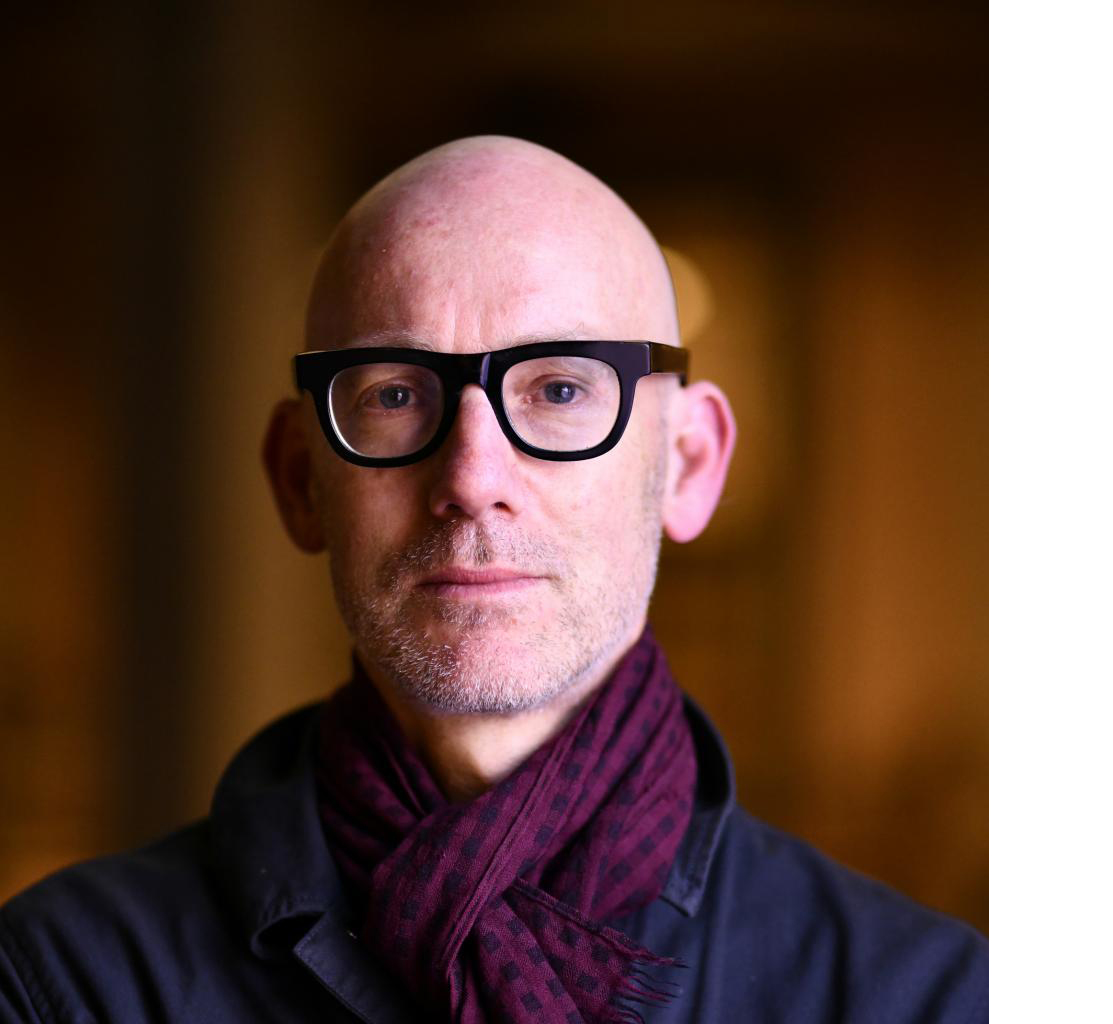Colin Powell School
 Professor Dirk Moses Explores How Countries Reckon with Legacies of Genocide
Professor Dirk Moses Explores How Countries Reckon with Legacies of Genocide
In this interview, Dirk Moses, the Anne and Bernard Spitzer Professor of International Relations, reflects on his upbringing in Australia, his studies in both Australia and the United States, and his current work as a member of the Colin Powell School community. He recalls being politicized after seeing the Australian government oppress indigenous people, crush labor movements, and promote extractivist environmental policies. This drove him to study politics, history, and law and eventually to become an expert in the study of genocide. His work on Germany’s reckoning with its Nazi past has led him to explore how countries like Australia and the United States can reckon with their own settler colonial and genocidal legacies. Most recently, Professor Moses has published commentary online about the Ukraine war. Regarding the Colin Powell School community, he says: “I've been here only a few months but it is already apparent to me that the CPS is special for offering transformative opportunities for students and faculty.”
Please share something about your personal and professional background, and what brought you to CCNY and the Colin Powell School. How did you decide to pursue a Ph.D. and discover a passion for your field?
My generation of Queenslanders was politicized by gerrymandered rightwing governments, which oppressed Indigenous people and the labor movement while pillaging the environment. In response, I studied politics, history, and law in my combined five-year arts/law degree (which is possible in Australia). As political ideas and movements grabbed my attention, I moved to the U.S. for graduate school at Notre Dame and UC Berkeley where I developed an intense interest in how West Germany dealt with its Nazi past. I eventually translated this interest to the Australian context: how does a settler colony reckon with its genocidal pasts and decolonize? I am still asking that question. I know Americans are too.
Can you please briefly describe your scholarly work and findings? What’s most meaningful to your field--and to you--about your work?
While working on German intellectuals and the Nazi past, I began working on the history of genocide in colonial contexts. With colleagues, we tried to effect a “colonial turn” in the field, which has succeeded to some extent. Throughout that work, I observed how difficult it is for groups to successfully claim they have been victims of genocide: the bar was set too high. So I wrote a book about how that bar came to be conceived as the “crime of crimes.” Obviously, this field is affect-laden: the subject matter of this field is not only of a theoretical interest.
Can you say a bit about what you like about CCNY and the Colin Powell School?
The Colin Powell School and City College are renowned institutions: a community of world-class scholars and students. The alumni board in the NAC attests to our illustrious graduates, many from the social sciences housed in the Colin Powell School. I also like the centrality of the teaching mission here.
Please share something about your plans — regarding research, teaching, engagement — for the next couple of years.
I am now back to writing about Germany and Holocaust memory, this time in relation to its more diverse population. This work is part of a book about traumatic memories and genocidal subjectivities called “Genocide and the Terror of History.” Additionally, I have been writing online essays on the Ukraine war in relation to the question of genocide and possible peace solutions. In doing so, I am fortunate to benefit from the advice of colleagues in the Colin Powell School.
What would you want to make sure everyone knows about what makes the Colin Powell School special?
I've been here only a few months but it is already apparent to me that the CPS is special for offering transformative opportunities for students and faculty. Education at its best is a transformative experience for all of us: by inviting us out of our intellectual comfort zones and the necessary material conditions for serious learning (quiet spaces) and career advancement (internships).